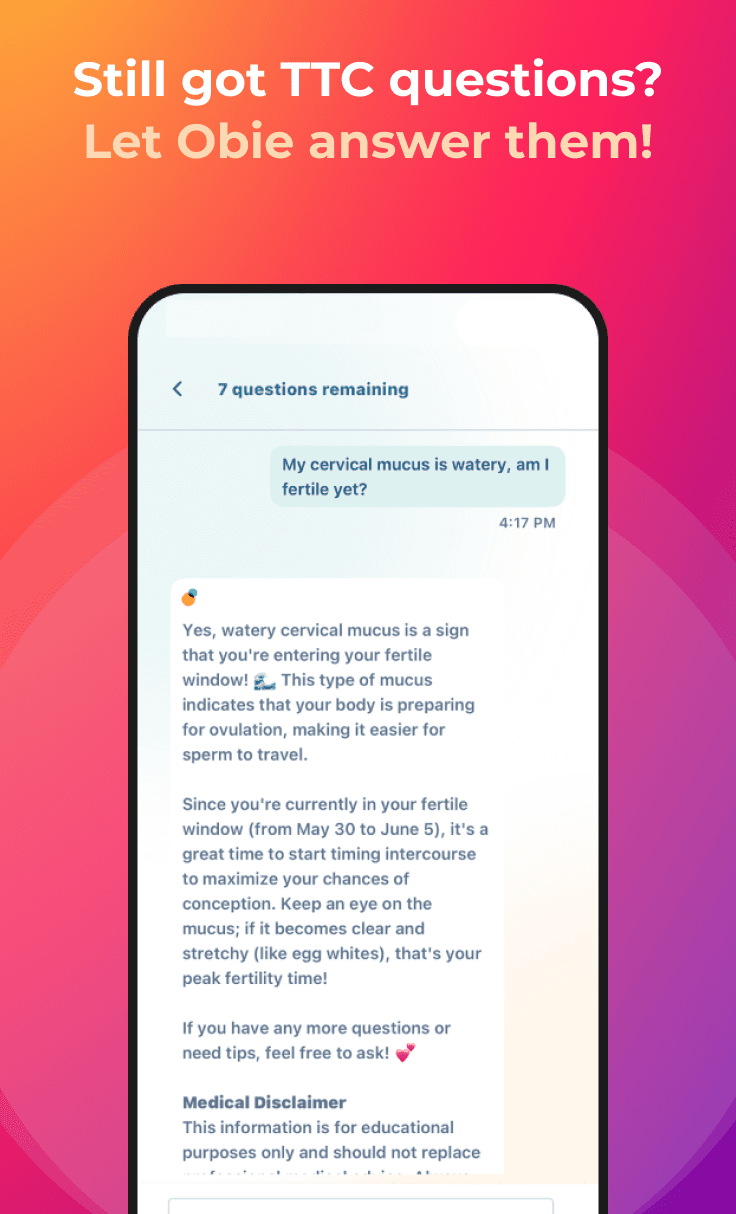Unexplained Infertility - Treatment Options
Infertility
Obie Editorial Team
Unexplained infertility happens in up to 30% of infertile couples. It's diagnosed when there has been an infertility work-up and no specific causes for the infertility were found. The age of women and infertility duration are important factors in offering specific therapy to a couple.
Unexplained infertility in women under 30
Expectant management for 2 years is the best choice for good prognosis when the woman’s age is less than 30. This includes active medical intervention which requires the females to be aware of their ovulation time and the best period for unprotected intercourse. The main advantage of expectant management is avoiding multiple gestations which are accompanied with obstetric and prenatal complications, postnatal disability and the considerable burden on healthcare system can not be neglected in this regard. If the long period of expectant management cannot lead to pregnancy, ovulation induction by clomiphene and letrozole is not effective for these couples. Also insemination cycles without ovarian stimulation (COH) will have little benefit for them. COH/IUI (3-4 cycles) are effective in women under 35, but COH/IUI increase the risk of multiple gestations. However, COH/IUI is ineffective for couples with long duration of infertility (4).
Unexplained infertility in women 35 and over
Couples over 35 and couples with long duration of infertility are suitable candidates for IVF. In comparison with COH/IUI, IVF shortens time to pregnancy and reduces the risk of multiple pregnancies.
Prognosis of Unexplained Infertility
The prognosis of unexplained infertility and its response to above procedures is very good. However, some problems such as the limited number of these options and high dependence of specialist and couples on ART should not let the physicians offer additional expensive and experimental tests which waste the golden time of couples for pregnancy without any effective results.
Through doing more research on reproductive biology and increasing our knowledge of gametogenesis, fertilization, embryo development, implantation and fetus-uterus crosstalk, more effective treatment options in future for infertile couples specially the ones with unexplained infertility would be provided.








